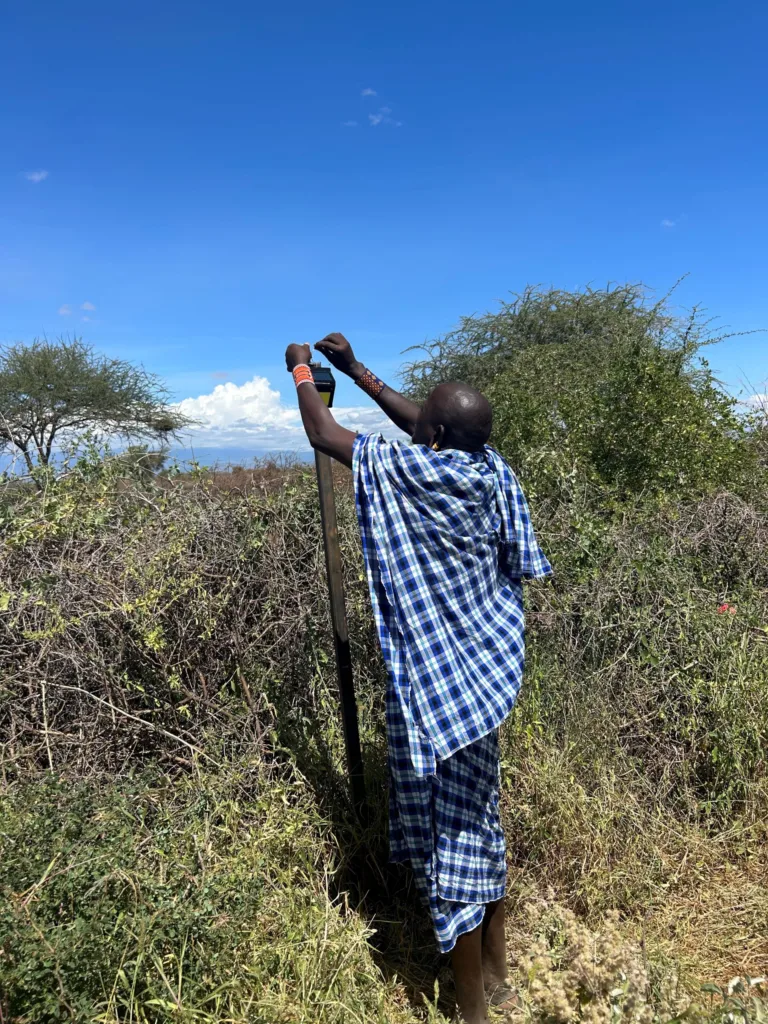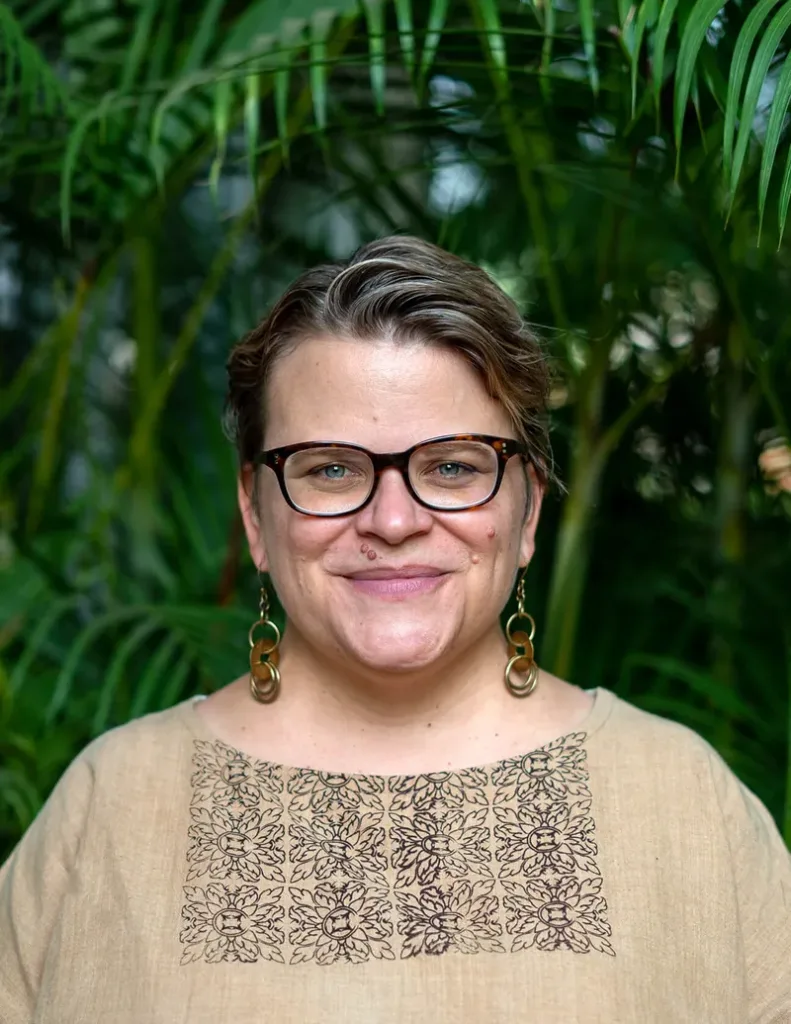
By: Lisa Arensen, PhD
SFS Alumnus Invites Submissions to MIT Climate CoLab Contest
My name is Brian McFarland, an SFS alumni from the Costa Rica Summer 2003 and Kenya Summer 2004 programs. I hope this blog post finds you well. Shortly after my SFS experience, I started at Carbonfund.org Foundation as an intern and enrolled at American University in Washington, DC for a dual Master degree program in Business Administration (MBA) and Global Environmental Policy (MA).
I am volunteering as a Fellow at the Massachusetts Institute of Technology’s (MIT) Climate CoLab this year, which is running several crowdsourcing contests that seek fresh, innovative approaches on what to do about climate change. I am specifically involved in the Land Use: Agriculture, Forestry, Livestock contest. As the SFS community is full of like-minded people, I hope that you will share this contest with your friends, colleagues, and networks and perhaps you have an innovative idea that could win you $10,000, provide a chance for you to network and present at MIT, and help us address our global land-use challenges.
Carbonfund.org was founded in 2003 and we are now a leading US-based nonprofit carbon reduction and climate solutions organization with over 750,000 individual supporters and over 2,000 business and nonprofit partners including Dell, Discovery, JetBlue, Motorola, and National Geographic. With our donors’ support, Carbonfund.org has been able to fund over 70 climate change mitigation and tree-planting projects across 30+ US states and 15+ countries. Carbonfund.org’s wholly-owned subsidiary CarbonCo, LLC is now responsible for consulting engagements and for the development of forest conservation projects in Brazil, otherwise known as Reducing Emissions from Deforestation and Degradation (REDD+) projects.
At Carbonfund.org, I am currently the Project Portfolio Director where I manage a global portfolio of climate change mitigation projects in the energy efficiency, renewable energy, and forestry sectors. I am also the Project Origination Director at CarbonCo, where I am responsible for managing the origination of nearly 1 million acres of forest conservation projects in the Brazilian Amazon. My responsibilities at CarbonCo include: writing Project Design Documents and Project Implementation Reports; structuring project implementation activities (e.g., advising on social projects, designing community and biodiversity monitoring plans, etc.); coordinating site visit logistics to the middle of the Amazon Rainforest; engaging local riverine communities and engaging diverse stakeholders including governmental officials and private sector investors; contracting validation and verification services; and managing both local and international contractors.
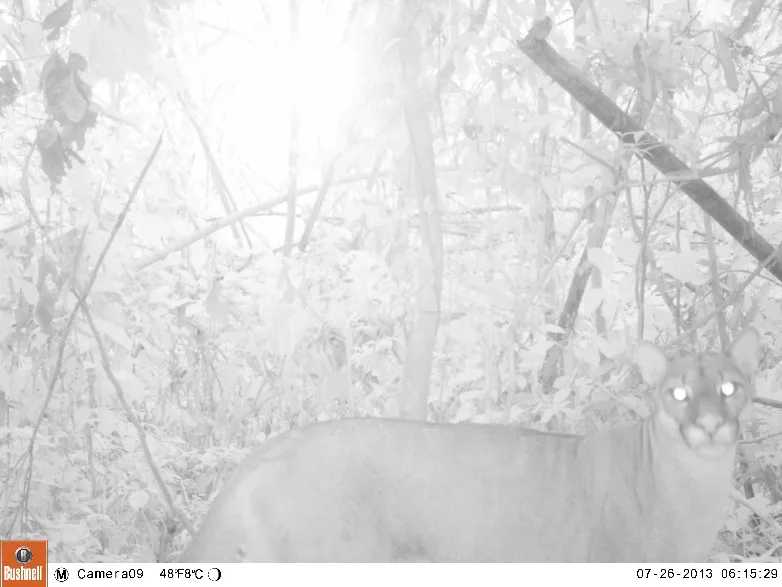
As I reflect on SFS, more than 10 years later, I can say that it continues to have a major impact on my life and I am constantly referring people to SFS programs. It was simply a wonderful experience. I say this because the interdisciplinary courses provided a unique approach to understanding the complex social and environmental challenges facing humankind. In addition, firsthand experiences with authentic fieldwork aimed at helping local communities are extremely valuable and help to make lasting connections between what you read in a book and what is happening on the ground.
My experience with SFS helped prepare me for many of these responsibilities. For example, I have overseen local biologists and designed two biodiversity monitoring plans which utilized motion-sensitive wildlife cameras. Our biodiversity study identified numerous IUCN Red Listed species including, but not limited to: a short-eared dog (considered near threatened by the IUCN Red List and only the second known photograph of a short-eared dog in Acre, Brazil); jaguars (considered near threatened); giant anteaters (considered vulnerable); and lowland tapirs (considered vulnerable). I am also in the process of hiring a local ornithologist to undertake a study of endemic and threatened bird species in the Jurupari River Basin, which is globally considered a Key Biodiversity Area (KBA) for birds.
Regarding community projects, our forest conservation projects are hiring a nurse, who has already distributed 200 dental kits to local children throughout our projects. In addition, several agricultural extension courses (e.g., production of soursop also known as graviola, passion fruit, banana, maize, and cassava) were offered to over 100 local community members.
To learn more, please visit www.carbonfund.org.
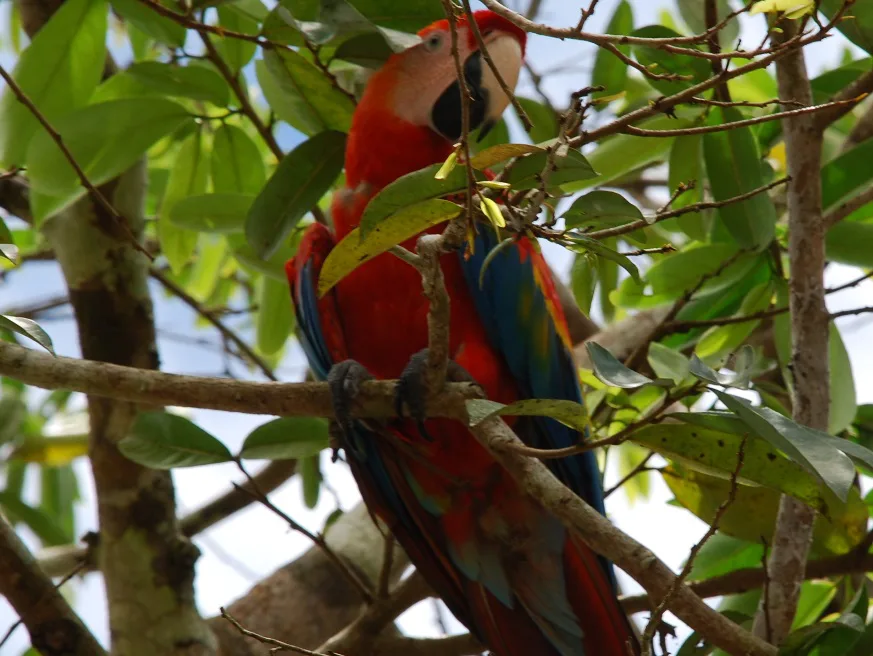
A few critical skills that I think are most important for environmental leaders today are passion, understanding the interconnectedness, writing and presentation skills, problem-solving skills, and technical skills. It is also very important to volunteer and to network.
Passion
Life is simply too short to hate your job. You need to find your passion, which will not only help you enjoy your job, but will help you excel in your role. My passion is wildlife, photography, and travel, which has led me to visit 15 countries and to see a rhino, whale sharks, freshwater dolphins, scarlet macaws, and penguins.
Understanding the Interconnectedness
To better address the root causes of our world’s environmental challenges, it is important to understand their interconnected and interdisciplinary nature. For example, while the Amazon Rainforest is often referred to as the “lungs of the Earth,” the Amazon Rainforest also has a very important role in contributing to the region’s “flying rivers.” The Amazon Rainforest, through a process known as evapotranspiration, contributes to these “flying rivers” through both evaporation and transpiration. These “flying rivers” originate over the Amazon Rainforest and the water is then transported across South America to hydrate the region’s rich agricultural fields and to replenish hydroelectric facilities. However large-scale deforestation throughout the Amazon Rainforest has disrupted this water cycle because trees are cut down and such trees are no longer able to retain water, maintain top soil, and prevent erosion. Sadly, this connection between deforestation of the Amazon Rainforest and the disruption of the “flying rivers” is being witness today by the historic droughts in Sao Paulo.
Writing and Presentation Skills
During graduate school, I wrote academic papers geared towards my desired career path. Likewise, my graduate thesis was entitled, Origins, Development and Potential of the International REDD+ Market. I enjoy writing and have since published 21 articles and a book entitled, REDD+ and Business Sustainability: A Guide to Reversing Deforestation for Forward Thinking Companies (see here). Whether it is writing a concise, professional email or writing a status report or writing project documents, writing skills are essential.
Similar to writing skills, presentation skills are equally important. Whether it is presenting in front of your colleagues or at an industry event, it is critical to know your audience and be able to confidently communicate your ideas. Although nerve-racking, I enjoy the opportunity to present in front of large audiences and last year I was honored to be invited to present at the Forests as Capital Conference hosted by the Yale School of Forestry’s chapter of the International Society of Tropical Foresters.
Problem-Solving Skills
Addressing our world’s social and environmental challenges is inherently a problem-solving discipline. Regarding of whether you are working on deforestation free supply chains or the certification of sustainable fisheries, problem-solving skills and the ability to work with a diversity of stakeholders is essential to addressing such challenges.
Technical Skills
I decided to undertake an MBA in conjunction with an MA in Global Environmental Policy, because I knew it would provide me with more marketable and technical skills such as those skills associated with finance, accounting, and economics. To compliment my graduate degrees, I also studied for at Project Management Professional exam with the Project Management Institute and I became a certified Greenhouse Gas Inventory Quantifier with CSA Standards.
Whether its project management, conservation finance, remote sensing, computer modeling, mathematics, or engineering, it is important to develop technical skills. Similarly, I would recommend looking into specific certifications, licenses, etc. that are available in your particular industry.
Volunteer and Network
From high school to today, I have often sought out volunteer opportunities. Whether it is volunteering for local organizations, or volunteering time to write articles, or volunteering time on campus, I volunteer on a regular basis.
Similar to volunteering, it is important to spend time networking. I met numerous people in all different aspects of the environmental industry over coffee, at industry happy hours, at industry launch events (e.g., launch of publications such as Ecosystem Marketplace’s State of the Forest Carbon Markets Report or program launches such as the Global Forest Watch by the World Resources Institute) and at conferences. For example, I attended about a dozen conferences during graduate school that cost me about $200 but would have cost more than $20,000 by volunteering to work the reception desk and to hold the microphone during Q&A sessions. Networking is an excellent way to meet like-minded industry professionals, who may become your future friends and colleagues.
Related Posts
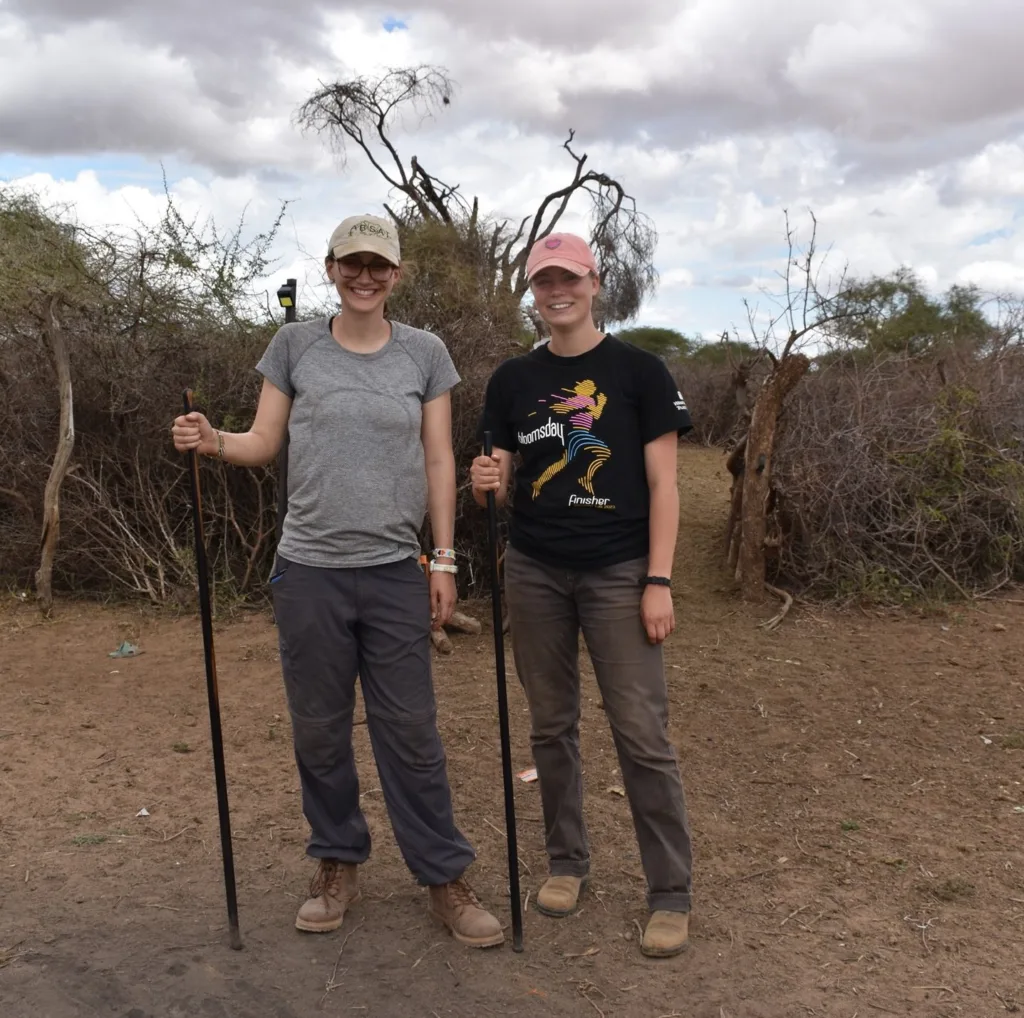
Alumni Reflections: Stories of the Return to Kenya
